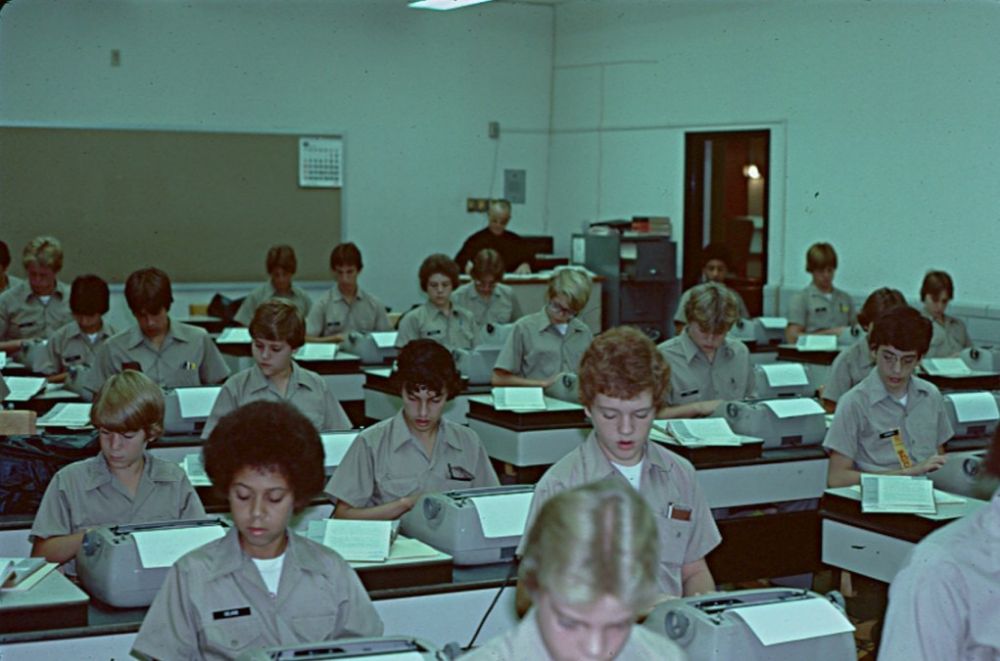On May 27, 1967, a significant event took place in the heart of American naval tradition that carried both historical weight and emotional resonance. Caroline Kennedy, the daughter of the late President John F. Kennedy, christened the aircraft carrier USS John F. Kennedy (CV-67) in a ceremony held at the Newport News Shipbuilding and Dry Dock Company in Virginia. This event not only celebrated the legacy of a beloved president but also highlighted the enduring connection between the Kennedy family and the United States Navy.

The christening of a ship is a centuries-old naval tradition, symbolizing good fortune and safe travels for the vessel and its crew. The ceremony typically involves the breaking of a champagne bottle against the ship's bow, accompanied by speeches and the presence of distinguished guests.
In 1967, this tradition took on special significance as the ship was named after President John F. Kennedy, a World War II Navy veteran and a symbol of American idealism and leadership.

At just nine years old, Caroline Kennedy stepped into the spotlight to honor her father's memory and legacy. The young Kennedy had already captured the hearts of Americans as part of the First Family, and her role in the christening ceremony was both poignant and symbolic.
With her mother, Jacqueline Kennedy, and other family members in attendance, Caroline's participation underscored the personal connection between the ship and the Kennedy family.

Caroline's involvement also highlighted the continuity of the Kennedy legacy in public service and dedication to the country. As she stood before the massive carrier, her youthful presence reminded those in attendance of the hope and promise associated with the Kennedy name.

The USS John F. Kennedy was the last conventionally powered aircraft carrier built by the U.S. Navy, marking the end of an era before the transition to nuclear-powered carriers.
At 1,052 feet long and with a displacement of over 82,000 tons, the carrier was a formidable addition to the Navy's fleet. Its designation as CV-67 reflected its role as a centerpiece of naval power and a symbol of American strength on the global stage.

Naming the carrier after John F. Kennedy was a fitting tribute to a president who had served as a naval officer during World War II. Kennedy's heroic actions during the war, particularly his leadership and bravery as the commander of PT-109, had already cemented his status as a war hero.
The USS John F. Kennedy would serve as a living reminder of his dedication to his country and his belief in the importance of a strong national defense.

President Kennedy's legacy extended far beyond his military service. His vision for America, encapsulated in his call to "ask not what your country can do for you—ask what you can do for your country," resonated deeply with the American people.
His commitment to civil rights, space exploration, and international diplomacy left an indelible mark on the nation and the world.

The christening of the USS John F. Kennedy served as a celebration of these ideals and the enduring impact of his presidency.
The ship would go on to play a crucial role in various military operations, including the Gulf War and the conflicts in the Balkans, further solidifying its place in American naval history.

The 1967 christening ceremony was not only a tribute to a fallen leader but also a moment of healing and unity for a nation still mourning the loss of President Kennedy.
The event brought together political figures, military leaders, and ordinary citizens in a shared moment of remembrance and pride.
For Jacqueline Kennedy, the ceremony was a poignant reminder of her husband's legacy and the values he championed. Her presence, along with that of her children, underscored the personal connection to the ship and its mission.

Caroline Kennedy's role in the christening of the USS John F. Kennedy was an early example of her lifelong commitment to public service.
Following in her father's footsteps, she has dedicated herself to various philanthropic and diplomatic efforts, including serving as the United States Ambassador to Japan.

The Kennedy family's legacy continues to inspire new generations of Americans to engage in public service and contribute to the greater good.
The USS John F. Kennedy, now decommissioned, remains a testament to the enduring impact of President Kennedy's vision and leadership.

The christening of the USS John F. Kennedy in 1967 was a moment of historical significance and emotional resonance. It celebrated the legacy of a beloved president and symbolized the enduring connection between the Kennedy family and the United States Navy. As Caroline Kennedy christened the ship in her father's name, she embodied the hope and promise associated with the Kennedy legacy—a legacy that continues to inspire and uplift the nation.



